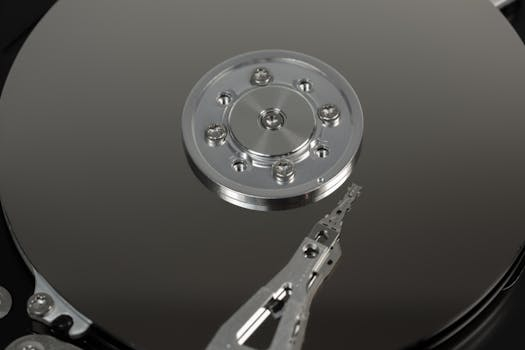Magnetic Memory: The Future of Data Storage
Magnetic memory has been a vital part of data storage for decades and has continuously evolved over the years. With the increase in the amount of data being produced, the need for efficient and reliable data storage has become more crucial than ever. While many forms of memory storage techniques have emerged, magnetic memory remains a top contender for the future of data storage. Magnetic memory, also known as magnetic storage, is a process of recording data on a magnetic medium. In this article, we will explore the potential of magnetic memory and how it is shaping the future of data storage.
The Basics of Magnetic Memory
Magnetic memory operates on the principle of using a magnetic medium, such as a hard drive or tape, to store data. This medium is coated with a magnetic material that can be magnetized in different directions. Data is recorded by changing the direction of the magnetism, and this process is reversible, allowing for data to be read and rewritten multiple times.
The basic components of magnetic memory include a read/write head, which creates and reads the magnetic field on the medium, and the medium itself, which is a magnetizable material that can retain data. The read/write head moves across the magnetic medium to read or write data. This process is done at high speeds, making magnetic memory an efficient way to store and access large amounts of data.
The Reliability of Magnetic Memory
One of the main reasons why magnetic memory has stood the test of time is its reliability. Unlike other forms of data storage, such as optical memory, magnetic memory is not prone to physical damage from scratches or dust. This makes it a more durable form of storage, which is essential for long-term data storage solutions.
Moreover, magnetic memory has a much longer lifespan compared to other forms of data storage, and data can be read and rewritten multiple times without affecting its quality. This is a crucial factor for businesses and organizations that need to store large amounts of data for extended periods.
The Evolution of Magnetic Memory
Over the years, magnetic memory has gone through significant advancements, making it even more efficient and reliable. One such breakthrough is the introduction of solid-state magnetic memory. This type of technology uses magnetic fields to store data in a solid-state medium, such as a magnetic oxide or a magnetic sheet. This has made magnetic memory even more compact and reduced the risk of mechanical failures, making it a more reliable form of data storage.
Moreover, with the emergence of cloud computing and big data, magnetic memory has evolved to meet the demands of large-scale data storage. Magnetic disks with much higher storage capacities are now available, providing a cost-effective and reliable solution for handling vast amounts of data.
The Future of Magnetic Memory
The future of magnetic memory is looking brighter than ever. With the increase in the demand for data storage and the exponential growth of data volume, magnetic memory is set to play a significant role in shaping the future of data storage. Advancements in technology, such as the development of heat-assisted magnetic recording, are pushing the limits of magnetic memory even further and increasing its storage capacity.
Moreover, magnetic memory is expected to play a crucial role in the development of new technologies, such as quantum computing. Its reliability and ability to store data at high speeds make it a vital component in handling the massive amounts of data required for quantum computing.
In Conclusion
Magnetic memory has come a long way since its inception and has earned its reputation as a reliable and efficient form of data storage. With the continuous advancements in technology, magnetic memory is set to play a significant role in the future of data storage. Its durability, high capacity, and cost-effectiveness make it an ideal solution for businesses and organizations that need to store and access large amounts of data. As we continue to produce more data, magnetic memory will undoubtedly be at the forefront of managing and storing this valuable resource.








